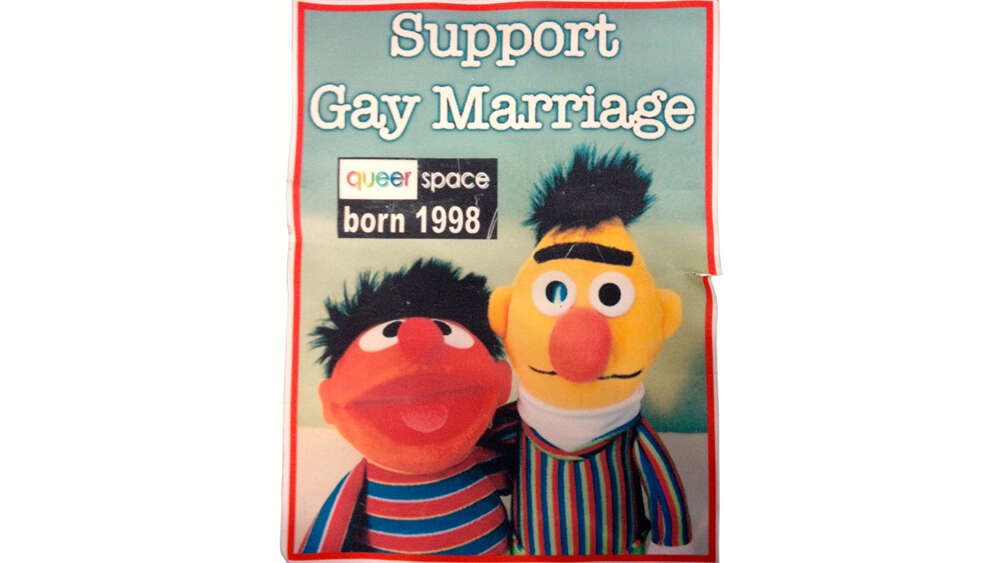A seven-year battle between an LGBTIQA rights campaigner Gareth Lee and Ashers Bakery run by evangelical Christians over whether the bakery should put a slogan on a cake has been won by the bakery.
In 2014, Lee asked a branch of ashers in Belfast, Northern Ireland, to decorate a cake with the slogan “support gay marriage” with the Sesame Street characters Bert and Ernie and a logo for a group called Queerspace. Lee wanted the cake for a celebration of the International Day Against Homophobia.
The Northern Ireland Equality Commission backed Lee’s case alleging discrimination on account of sexuality, and lower courts ruled in Lee’s favour. However, the UK Supreme Court in 2018 ruled that Lee had not been discriminated against.
“The objection was not to Mr Lee because he, or anyone with whom he associated, held a political opinion supporting gay marriage. The objection was to being required to promote the message on the cake. The less favourable treatment was afforded to the message, not to the man. It was not as if he were being refused a job, or accommodation, or baked goods in general, because of his political opinion.” When he ordered the cake, Lee was already a regular customer whom they had served before.
The European Court of Human Rights (ECHR) has now ruled that Lees case is “inadmissible” on the technical ground that Lee has based his case on national law rather than the European Convention on Human rights. “In a majority verdict, the ECHR found that “The applicant [Lee} had not invoked his Convention rights at any point in the domestic proceedings. By relying solely on domestic law, the applicant had deprived the domestic courts of the opportunity to address any Convention issues raised, instead asking the Court to usurp the role of the domestic courts. Because he had failed to exhaust domestic remedies, the application was inadmissible.
Lee expressed disappointment that his case had been dismissed on a “technicality,” the BBC reports.
“None of us should be expected to have to figure out the beliefs of a company’s owners before going into their shop or paying for their services,” he said.
“Everyone has freedom of expression, and it must equally apply to lesbian, gay, bisexual and trans people,” he added.
Campaign group Christian Concern describing the Asher’s case as “another victory for Christian freedom” highlighted another win this week which nurse Mary Onuoha won against an NHS trust [dictrict]. The Croydon (London) NHS Trust had harassed and directly discriminated against her for wearing a cross at work. The trust did not prevent other staff from wearing religious symbols such as thread bracelets or other jewellery.
An Employment Tribunal found that the NHS Trust rejection of Onuoha’s complaint was “offensive and intimidating. It failed to properly grapple with the complexity of the issues. No real thought seems to have been given to whether it was really appropriate to discipline the Claimant for doing something that, in fact, many others in the workforce (including more senior colleagues who worked just as closely with patients) were doing unchallenged.”
Mary Onuoha, who had resigned from her job as a theatre nurse after a long period of stress leave, was found to have been directly discriminated against. Christian Concern believes that “The outcome of the case develops a wider legal principle that employers cannot discriminate against employees for reasonable manifestations of faith in the workplace.”
Email This Story
Why not send this to a friend?



